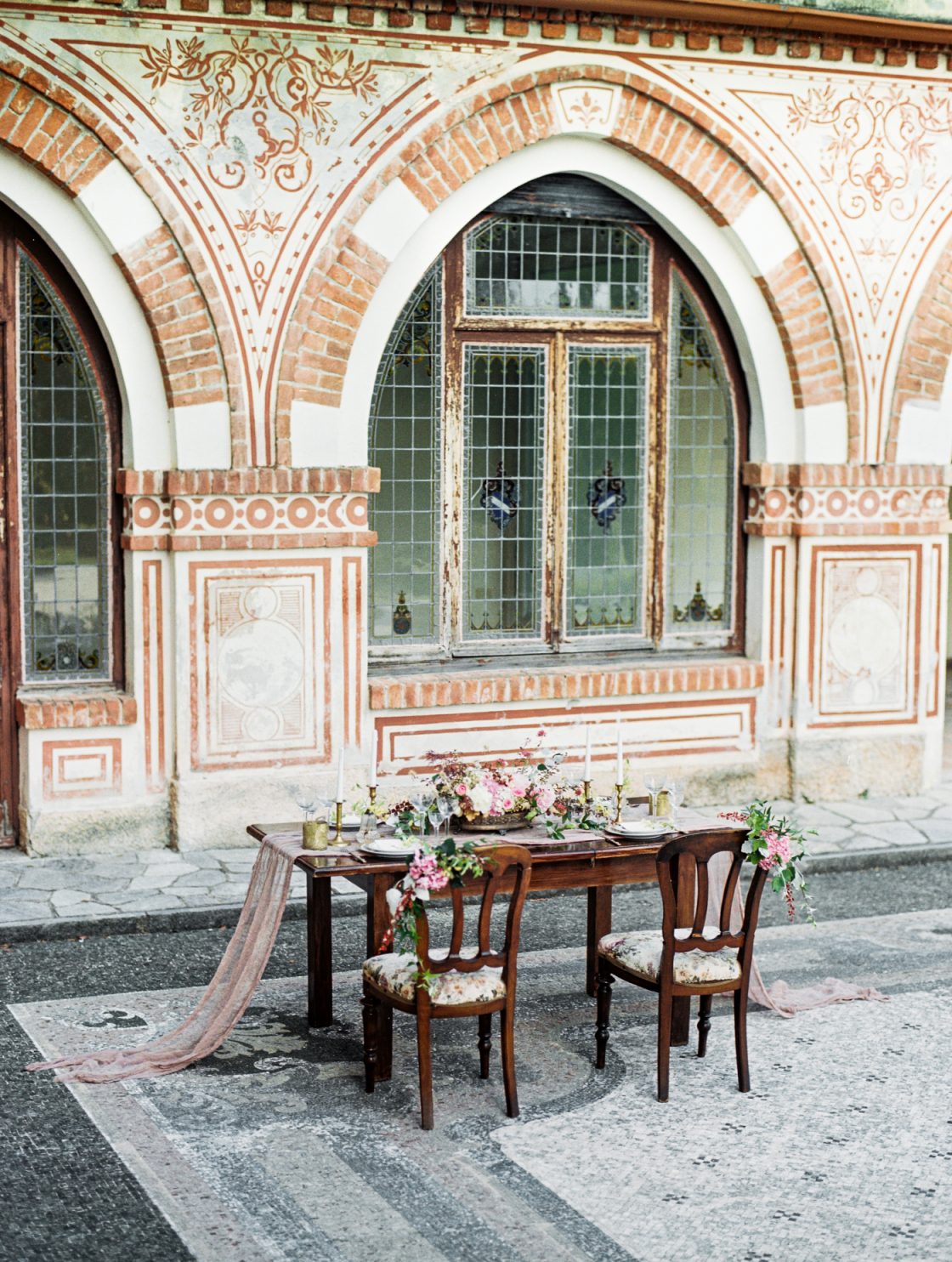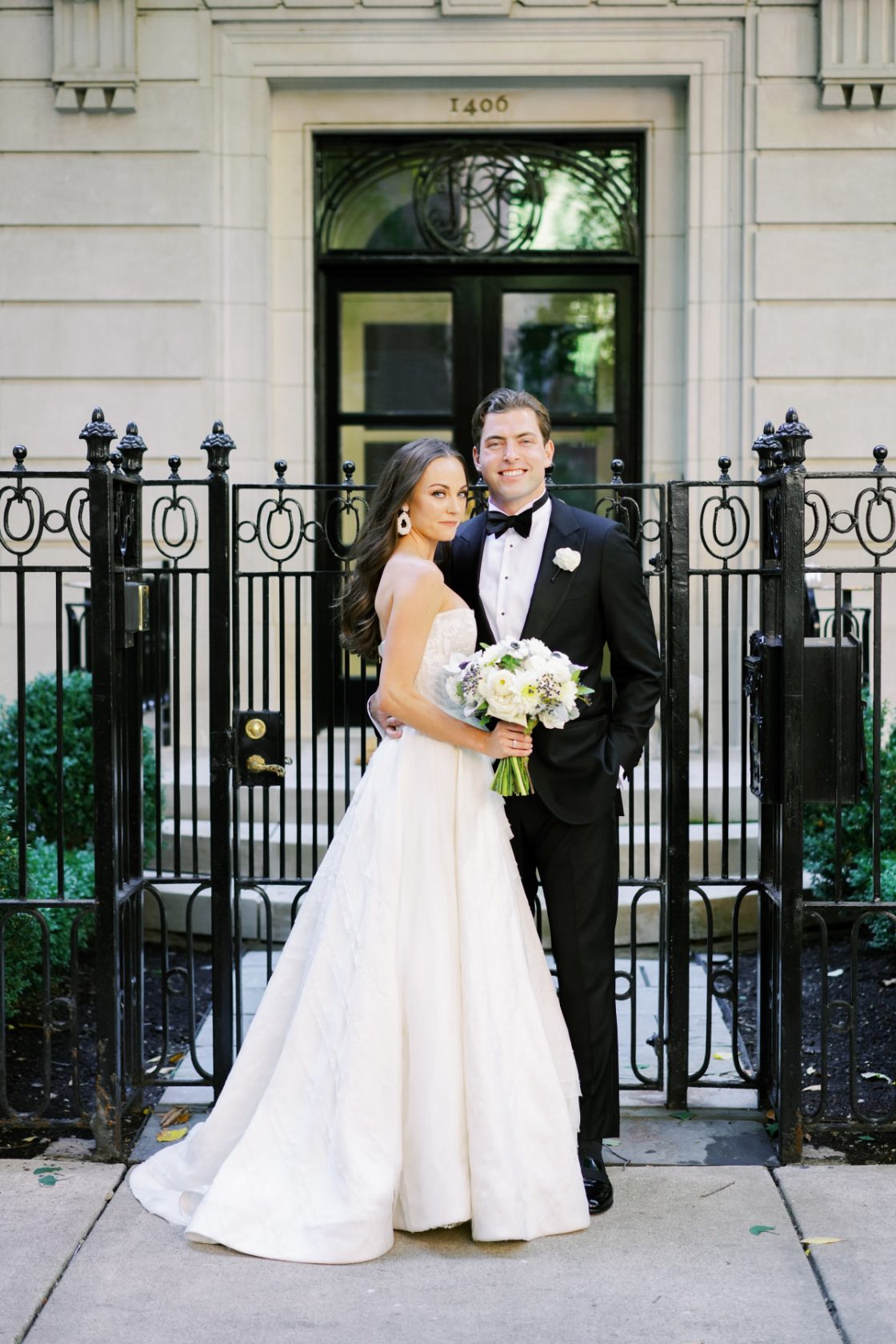So you’re planning a wedding- how exciting! But, as the initial buzz starts to calm, you might be wondering what to do next. One of the first decisions an engaged couple must make is the length of their engagement. While short and long engagements each have their pros and cons, it’s a choice that will influence your wedding date, planning timeline, and vendor availability.
While this has always been a critical factor for couples, it has become a vital decision as the industry experiences an unprecedented wedding boom. More weddings mean more competition for venues, vendors, and other resources, so your engagement length will determine how your planning process goes.
Let’s consider how the current wedding boom impacts each side of the spectrum.
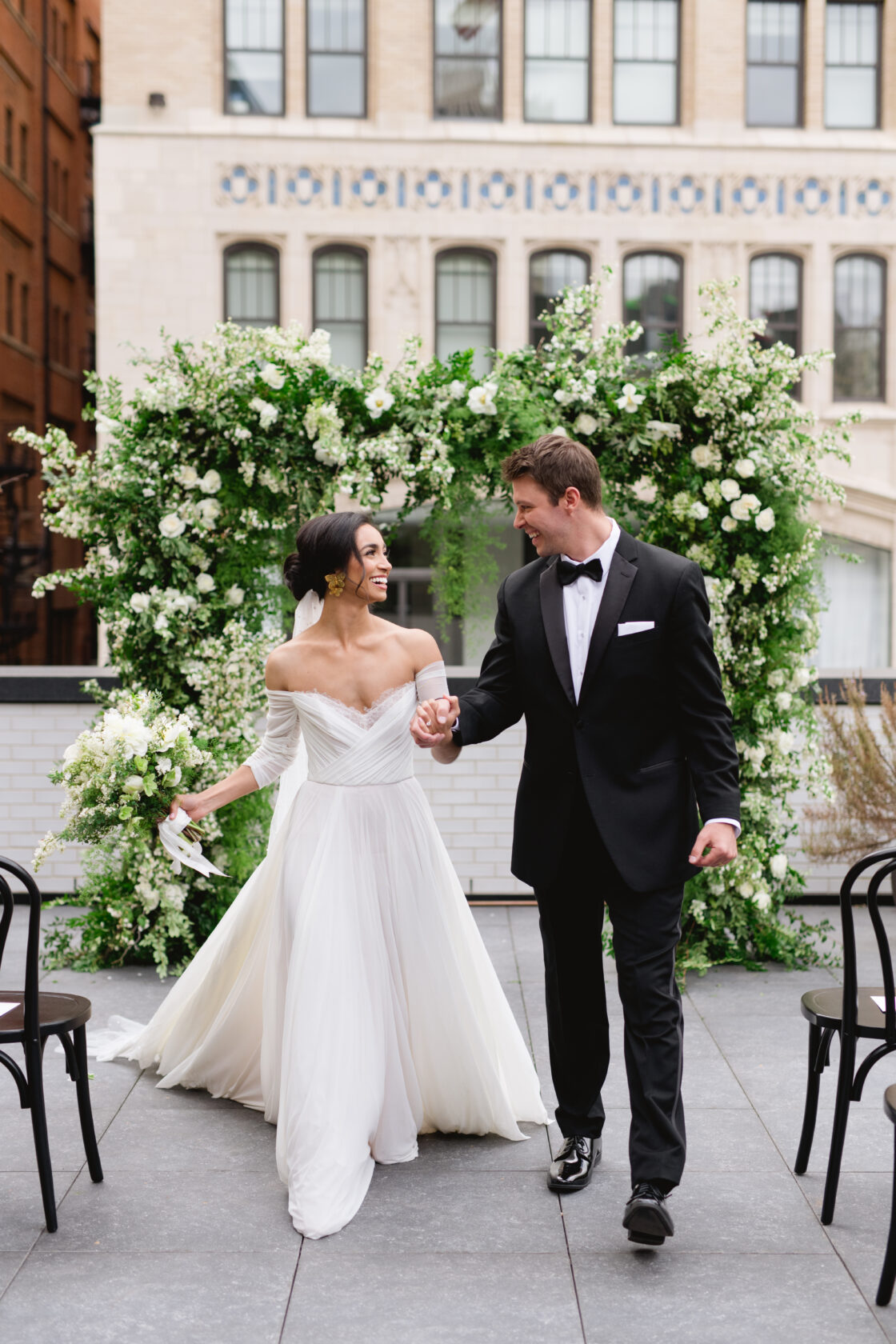
A Case for Short Engagements
If you’re eager to tie the knot and officially start your life together, a short engagement may be perfect. When you know, you know! Plus, once the vows are behind you, you and your partner can focus on creating a home and starting a family.
As a destination wedding planner and owner of Mango Muse Events, Jamie Chang explains: “For those tired of waiting or who don’t want to wait to get married, having a shorter engagement means you don’t have to wait. A shorter engagement gives you a chance to get married quickly.”
On a similar note, short engagements keep the excitement brewing without losing steam. “With less time to ponder over all the small details, couples will enjoy the planning process much more with less time to stress,” says Bri Marbais, bridal stylist at The Bridal Finery. “Both partners tend to be involved in the process when it’s a shorter engagement as well purely because of excitement and anticipation.”
One thing wedding professionals love about short engagements is that it makes you take action without getting distracted by every new trend! “A shorter engagement forces you to make decisions quickly and stick with them,” confirms Nora Sheils, founder of Bridal Bliss and co-founder of Rock Paper Coin. “There is no time to hem and haw over every tiny detail. Instead, you make priorities, act on them, and keep plugging away!”
Of course, with limited availability during the wedding boom, it might mean getting extra creative to pull off your dream wedding. But Tonya Hoopes, owner of Hoopes Events, reveals why that isn’t a bad thing: “Couples might happen upon or come up with a unique venue such as a spot in a National Park, a favorite restaurant, a beautiful lake, or a favorite vacation spot. Shorter engagements can also mean a smaller guest list, which might allow the couple to use their wedding funds for a dream location or item they never thought possible.”
In summary, short engagements are brief but beautiful times to honor your love and take quick action to plan the wedding of your dreams! While they are subject to supply chain challenges and limited vendor availability during the wedding boom, they continue to be a popular choice among couples ready to start their next chapter in life.
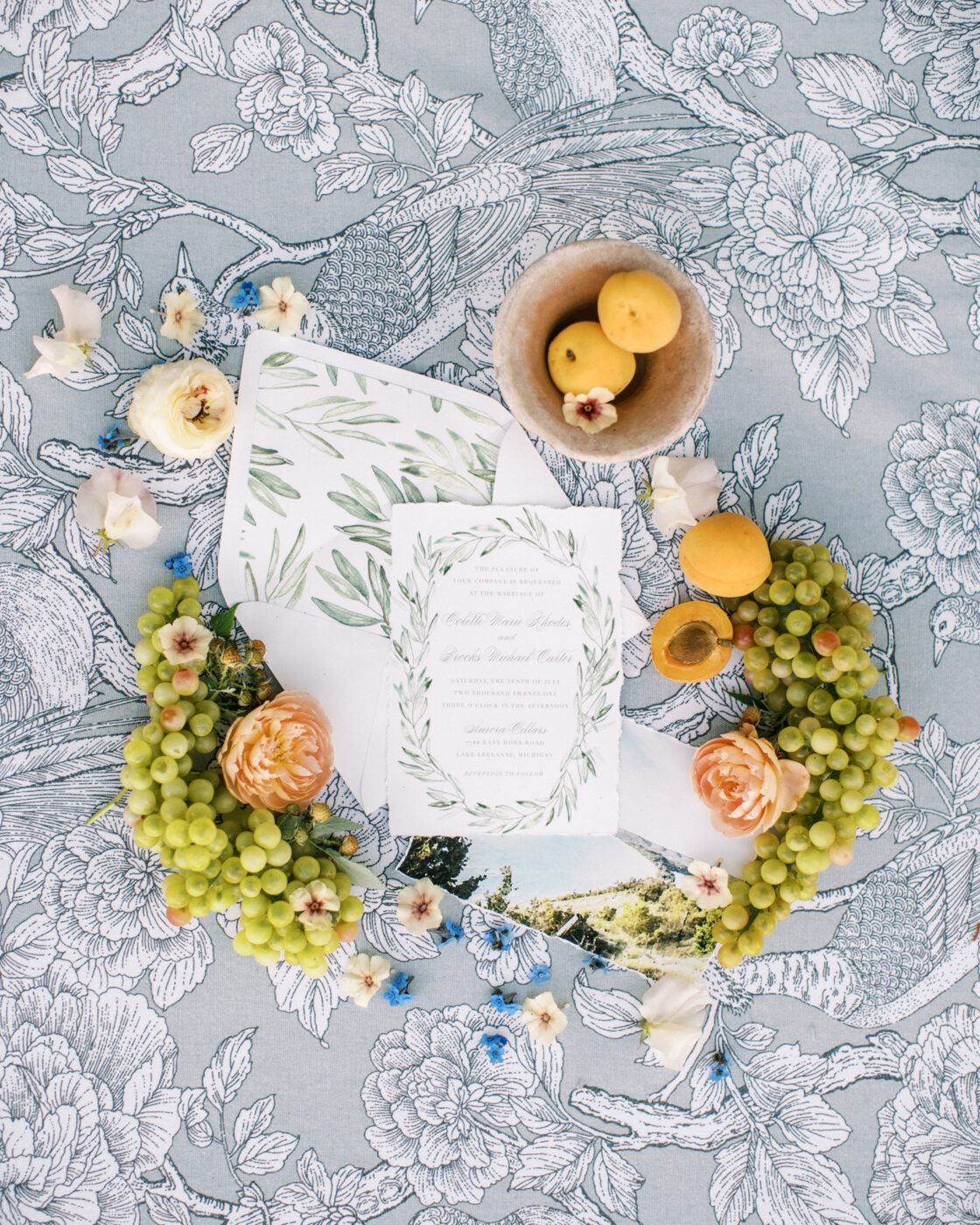
A Case for Long Engagements
For those who aren’t rushing to the aisle, longer engagements offer a number of benefits that can make the planning process easier to manage. First and foremost is having an extended timeline to consider your options and make strategic planning decisions.
Sarah Davidson, CPCE, Chief Strategist and Creative Director of HUE by Sarah Davidson, explains: “A big pro of a longer engagement is more time to weigh all your decisions to ensure your vision is executed to exact perfection. It’s human to end up wanting something different than what you originally thought, especially after digging deep into wedding inspiration. More time to plan better allows for natural evolution and refinement of ideas.”
But it’s not just about making decisions it’s more time to make payments, too! “If couples opt for a longer engagement, paying for the wedding itself is much more manageable,” Marbais says. “It allows for more time to save up, and the payments will be spread out over time. The extended amount of time will give couples more time to spend on creating and detailing their wedding budget based on what’s most important to them.”
More time also means more vendor availability, which is a significant factor during this wedding boom. So if you have a dream team in mind, you may need to wait longer to assemble your ideal vendors.
Chang explains: “Having a longer engagement gives you time to plan, which means you can spread things out. All things you need to do and people you need to hire can be spread out over months (even years) instead of weeks which is much less stressful than having to tackle a bunch of things at once. During COVID, this also means you have more time to find all your vendors and will be giving yourself more options.”
Amy Fuerstenberg, executive director of Moon & Stars Events, says longer engagements also tend to be less stressful: “If you are a person who gets overwhelmed with a lot of tasks on your to-do list, a longer engagement allows you to break up your wedding tasks over a greater period of time and not feel quite so overwhelmed. I recommend a longer engagement for anyone who is going to DIY a lot of things, so you have more time for custom projects.”
So if you and your future spouse are thinking of sitting back and indulging in this special season of your lives, go for it! Longer engagements allow you to preserve your personal life, celebrate your love, and plan the perfect wedding on your own timeline.
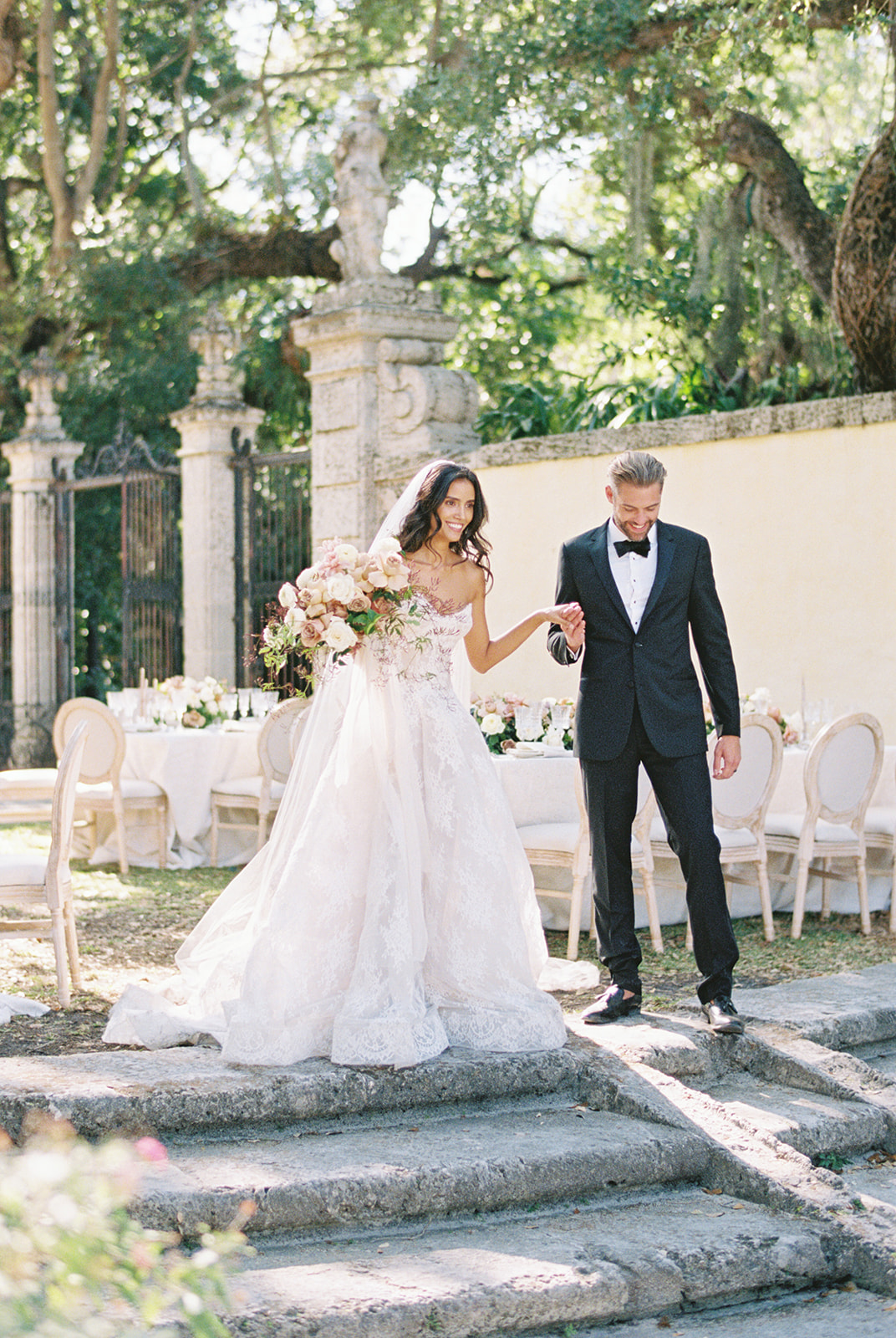
Pro Planning Tips
Regardless of your engagement length, there are a few tried-and-true planning tips that will ensure the process goes smoothly from start to your walk down the aisle.
Book as soon as you know it’s a fit.
With vendors getting booked in record time, it’s best to secure your top choices when possible. Meredith Ryncarz, owner of Meredith Ryncarz Photography, elaborates: “In this wedding boom, vendors are being booked more quickly than before. Do your research on the web and only call vendors that you would want to find out about their services. Once you have your initial call, if they meet your requirements, book that vendor as soon as possible before they book your date with another client.”
Don’t be afraid to ask for help.
Planning your own wedding can be a chore in normal circumstances, but it’s especially challenging during a wedding boom. So don/t go at it alone! “You really should hire a planner to guide you through your wedding planning, short engagement or long,” Sheils states. “They can help you navigate the challenges of planning in the current industry climate and streamline the whole process so you can destress and enjoy it.”
Accept that vendors are busy with the wedding boom.
A little bit of respect goes a long way. Wedding professionals are working through the busiest season of their businesses, so please be kind and compassionate. “Add a touch of patience and grace for many wedding professionals out here navigating the boom and the needs of so many couples,” encourages Jennifer Sulak, owner of Pink Light Images.
No matter which route you choose, know that your team of wedding experts is there to support you every step of the way. What matters most is letting go of the pressures associated with planning a wedding so you can enjoy your engagement. The “I do” is at the end of the journey, no matter how long or short!
Meghan Ely is the owner of wedding PR and wedding marketing firm OFD Consulting. Ely is a sought-after speaker, adjunct professor in the field of public relations, and a self-professed royal wedding enthusiast.
We’ve partnered with OFD Consulting to bring you this great advice from their collective of wedding professionals.

